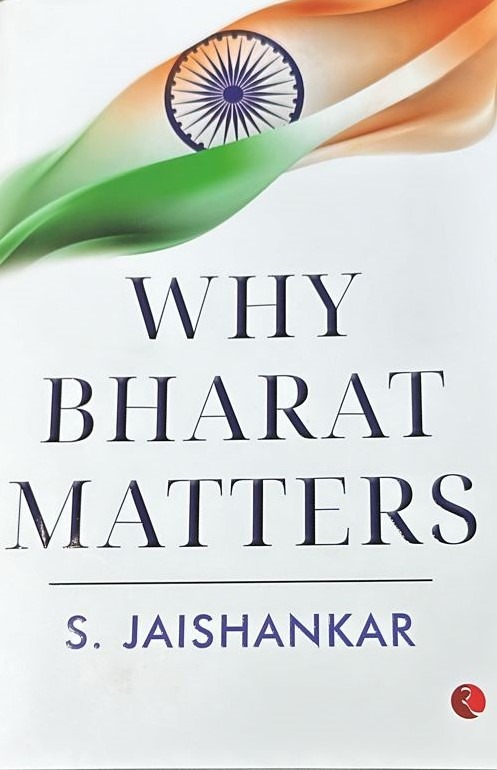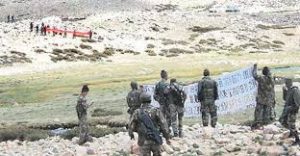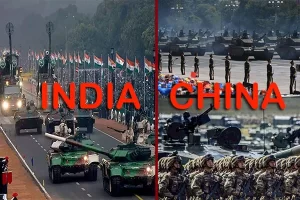Staff Writer
Indian Foreign Minister S. Jaishankar recently stated that the relationship between China and India is currently at a crossroads. He openly admitted that India had initially underestimated the strategic significance when China commenced constructions at the Hambantota Port in Sri Lanka and the Gwadar Port in Pakistan.

Traditionally, India’s security focus was primarily on its northern land border. However, with China’s significant enhancement of its naval capabilities over the past two decades, the southern sea route has become increasingly important.

Jaishankar reviewed the long history of India-China relations, pinpointing instances of China’s breach of trust and highlighting critical issues that India had overlooked or misjudged from Nehru’s era to the present. He noted that India was the first to recognize Mao’s China and sought a union with what it saw as a fellow ancient civilization, at a time when the Western world was keen on befriending India. However, this trust was misplaced as China later launched an attack on India, forcing India to seek help from the West after considerable time had elapsed.

A renewed phase of friendship began with Rajiv Gandhi’s visit to China in 1988. Subsequent agreements in 1993 and 1996 aimed at maintaining peace at the Line of Actual Control (LAC) and regulating troop numbers at the border. Despite these agreements, China rapidly enhanced its defense infrastructure along the border areas.

India fully grasped the extent of China’s actions around 2013. By then, China had significantly expanded its commercial and technological footprint in India. The primary reason for India’s withdrawal from the Quad initiative in 2007 was due to China’s objections.
The announcement of China’s Belt and Road Initiative (BRI) in 2017 further strained relations by undermining India’s sovereignty. This tension escalated with China’s border incursion in 2020, drastically altering the dynamics of India-China relations.
Jaishankar emphasizes that India has consistently preferred to resolve issues with China through bilateral discussions. However, these discussions often veer off-topic as China evades addressing the main issues.

These insights are detailed in the chapter “Dealing with China” from Jaishankar’s recently published book, “Why Bharat Matters.” He argues against China’s claim of a unified Asia, presenting Asia as a multipolar region.
Since 2013, India has been strengthening its defense infrastructure along the northern border and bolstering its naval capacity. This shift marks a new phase in collaboration with the Indo-Pacific and the Quad, reflecting a broader change in India’s international relations and capabilities.
For India-China relations to normalize, Jaishankar asserts that China must acknowledge and critically evaluate the real issues, accepting the multipolar reality of Asia to foster development in the bilateral relationship.










